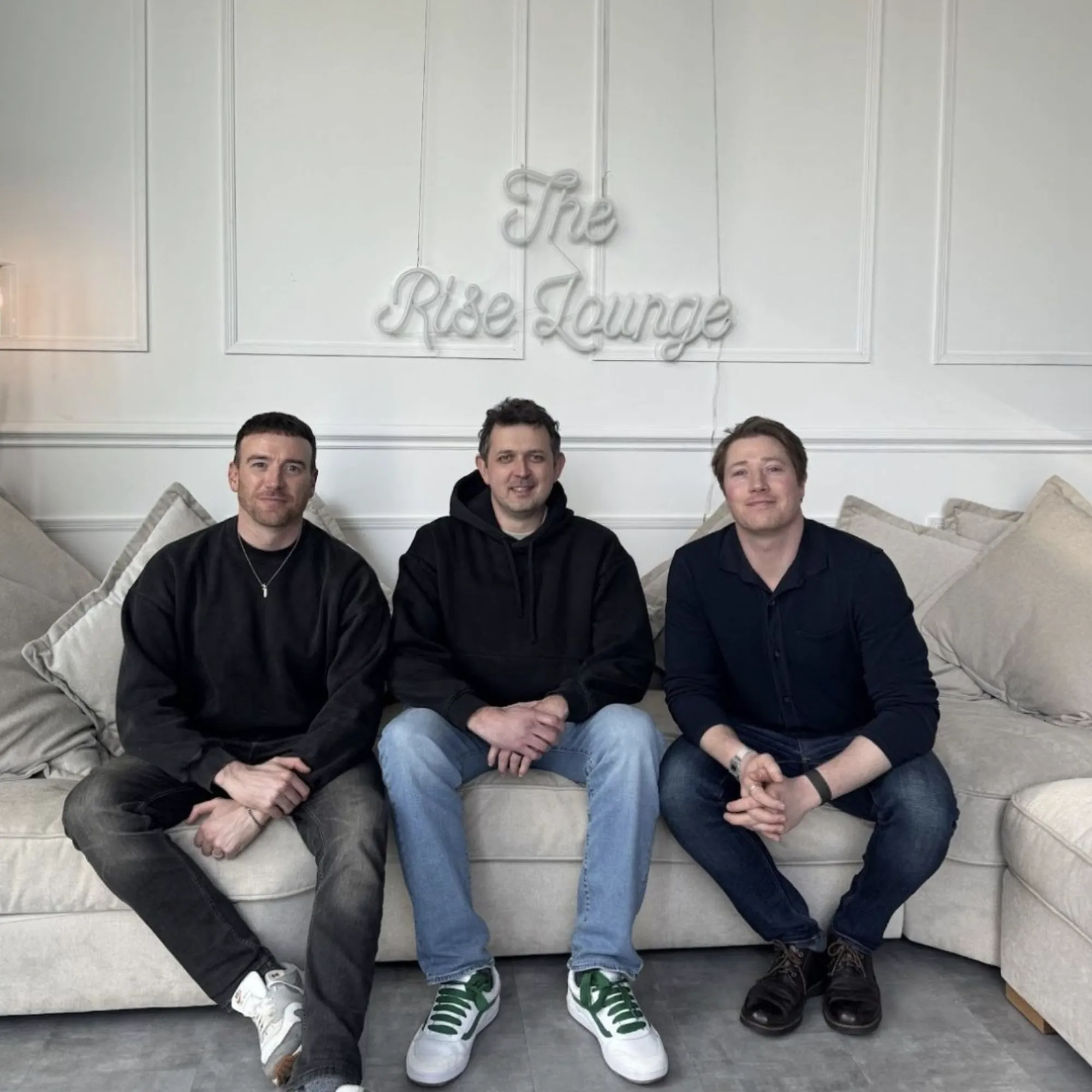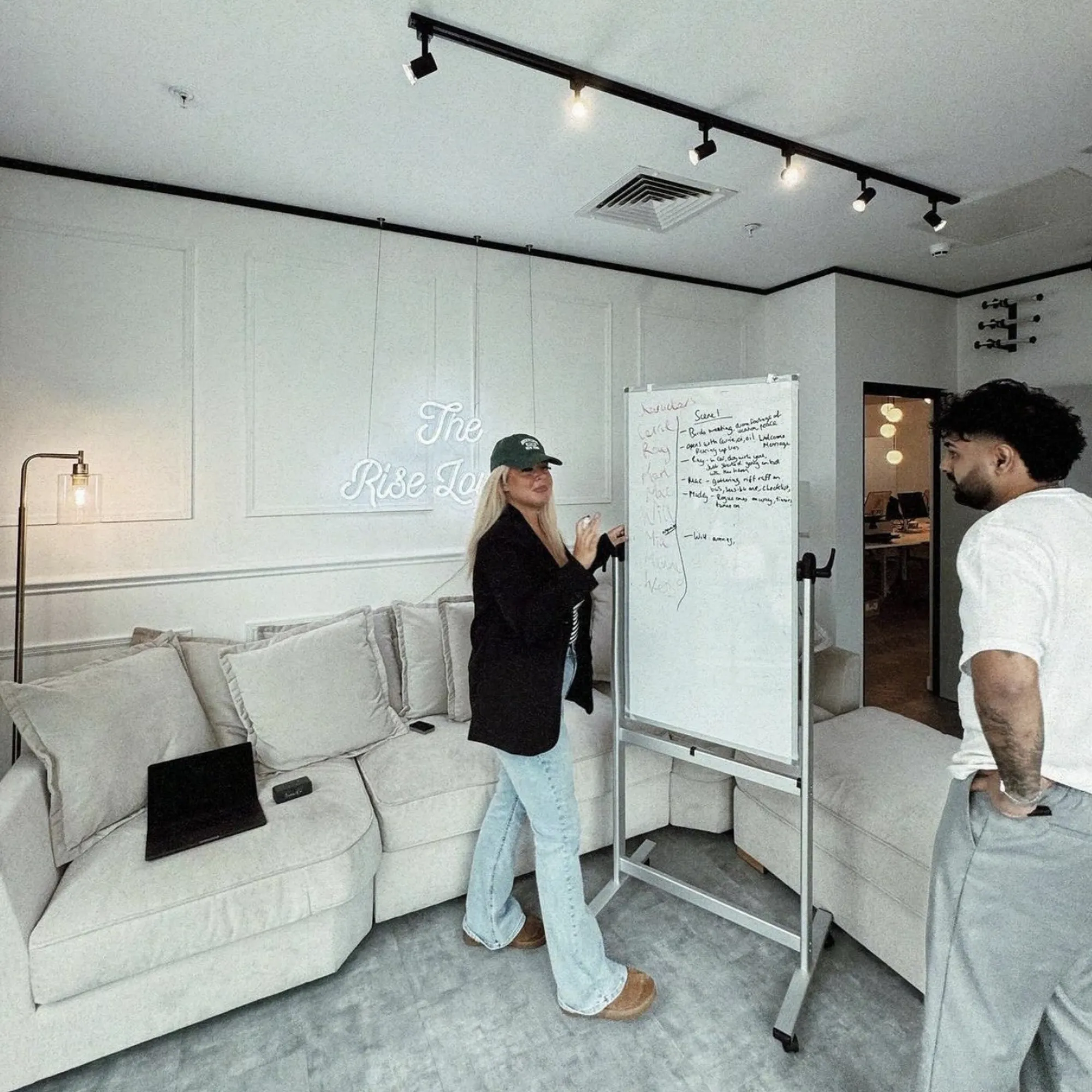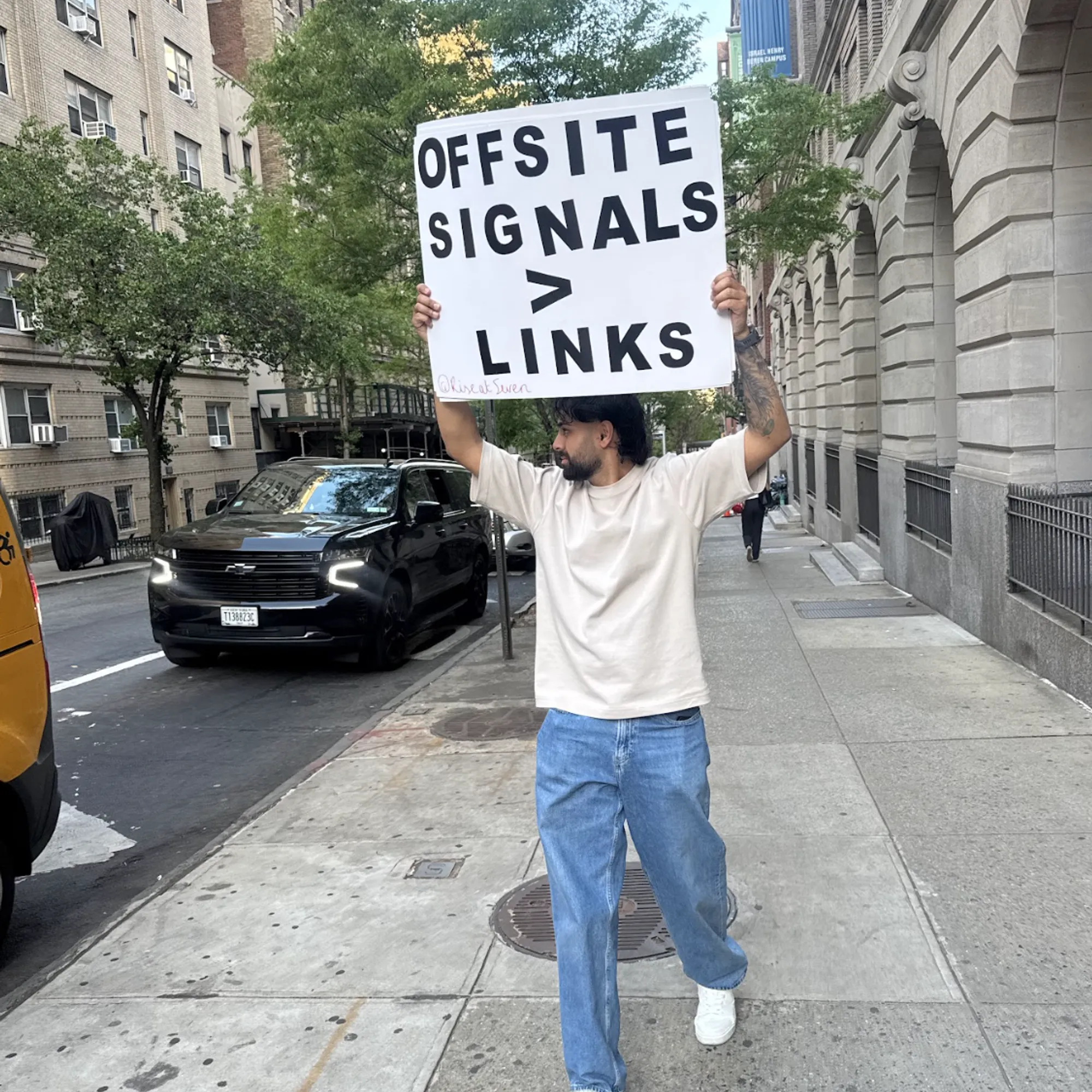The Brief, In Brief
Briefing is a superpower. Getting a brief right is one of the most important things you can do to ensure success - and getting it wrong can spell disaster. How many times have you had to redo ideas or plans again and again because the client kept making significant changes? Either they briefed us incorrectly, or we didn’t pay attention to their brief in the first place. Ever been to a meeting that meandered along with no actions and outcomes? No brief (or agenda)? The team just not getting it (whatever “it” is) across the line? Did you brief them well? Maybe not!
A well-written brief is the foundation of the best work we do. It’s going to contain the objectives, the desired outcome, critical background information like; audiences, the mandatories, no-nos and market info. As well as how success will be measured and (usually) budget parameters. A bad brief will have a lot of superfluous waffle: vague objectives, inconsistency, and it will be missing budget and KPIs. If you get one of those, re-write it yourself and send it back to the client for their agreement. If it is for new business, be extra cautious - it might be a sign of internal issues, like not really knowing what they want from an agency (which means we will never be able to satisfy them).
The worst kind of brief? The one that is actually a bad brief disguised as a good one. You might get a model brief from a client with all the info - but, is it REALLY what the client wants? If there is some mismatch - say they want traditional PR coverage but their business need is to drive site traffic, for example - feel free to challenge that brief with the client in a constructive way. Why do they want that coverage? Wouldn’t they be better off with a Rise Live push? And so on.
So, since briefs are the best things ever, why aren’t we paying more attention to them? Maybe it’s time. Briefs often get rushed out the door. We don’t spend time really thinking through what we want to communicate, or getting second opinions and additional information from others to complete them. But that is a false economy. Spending the time at the start, making each brief the strongest it can be, will mean the deliverables will be achieved more easily, and you’ll spend less time redoing work.
Briefs aren’t ever the most exciting aspect of what we do, but getting them right can make our working lives better and our clients happier.

















